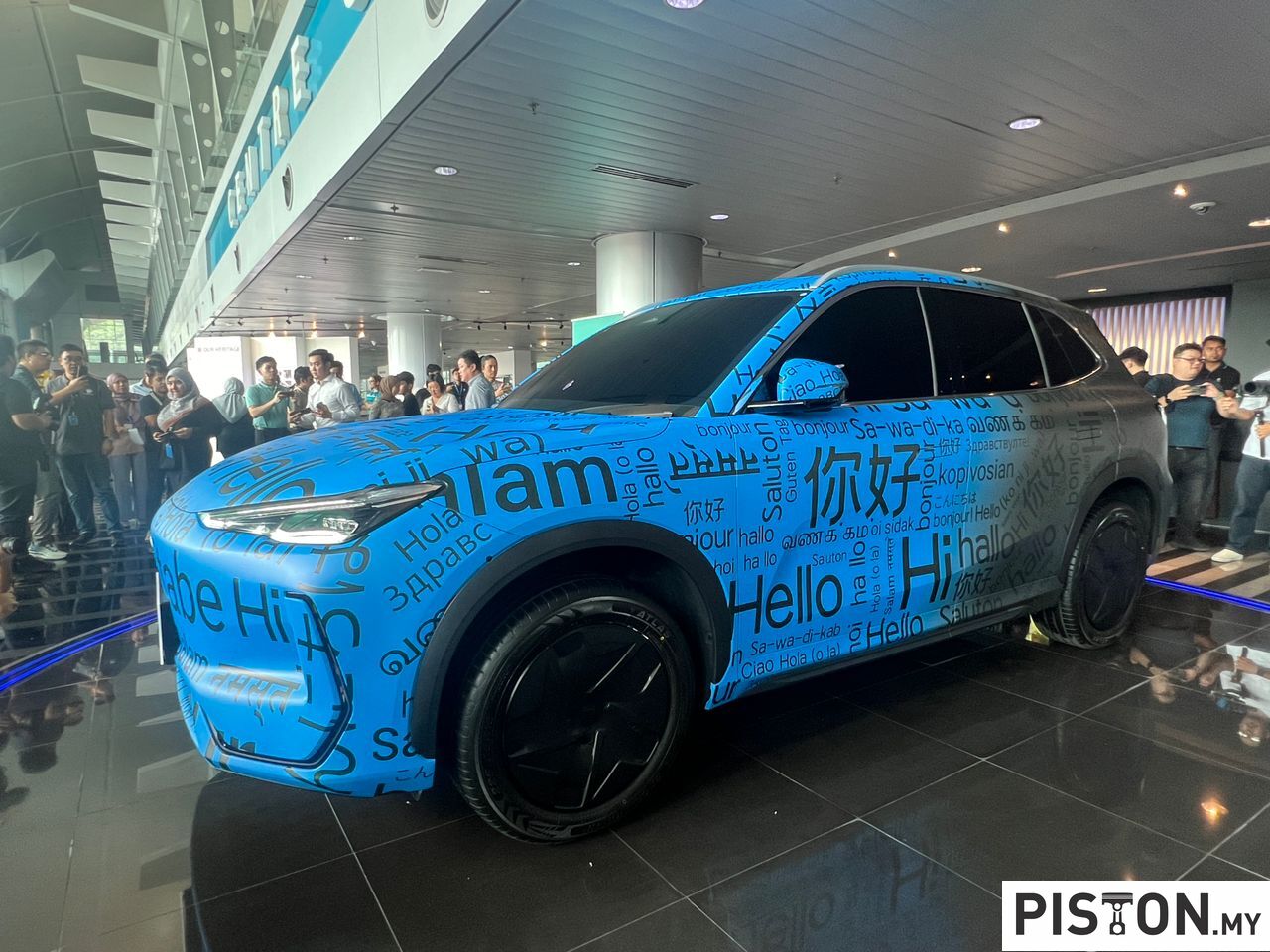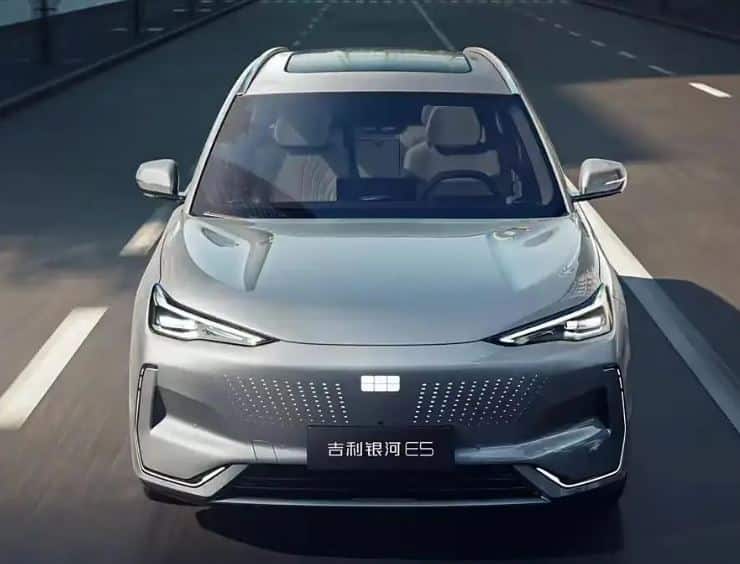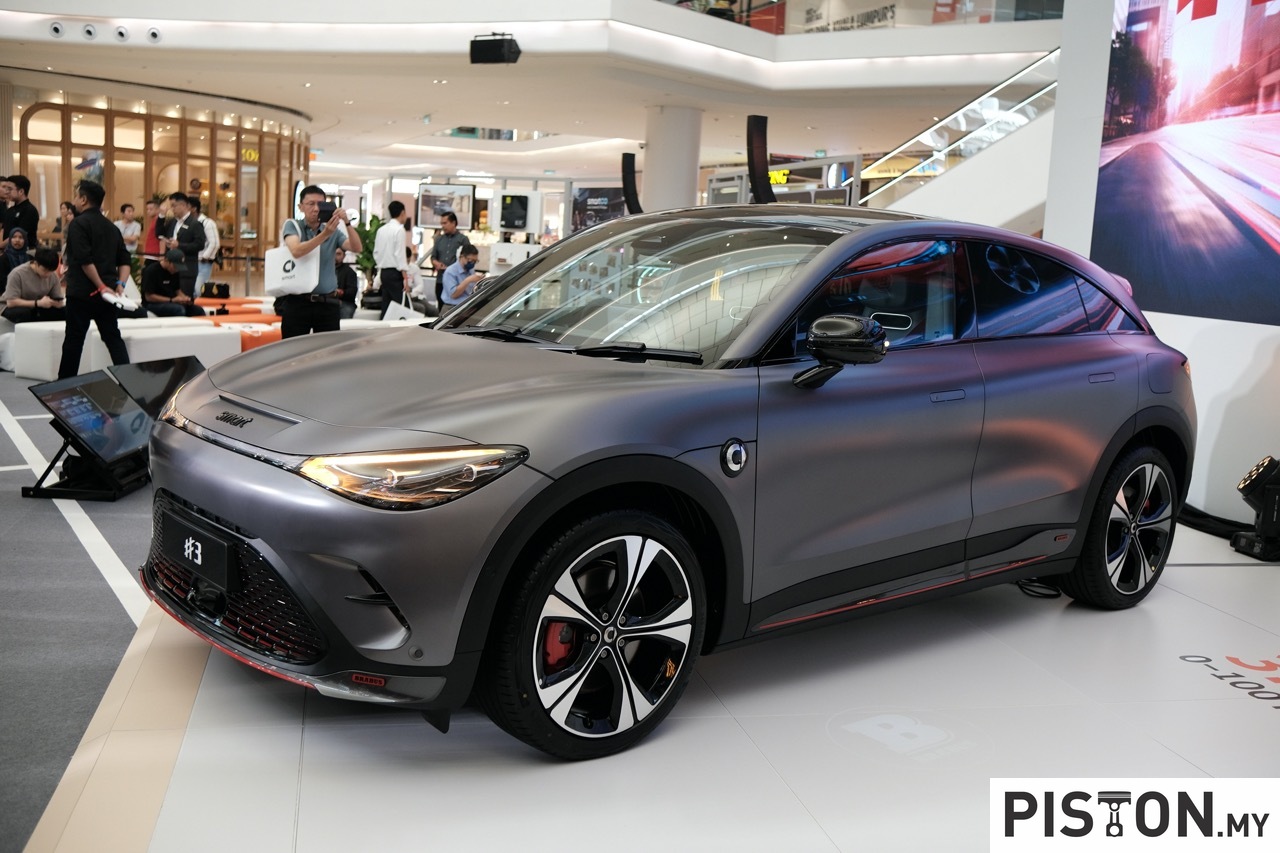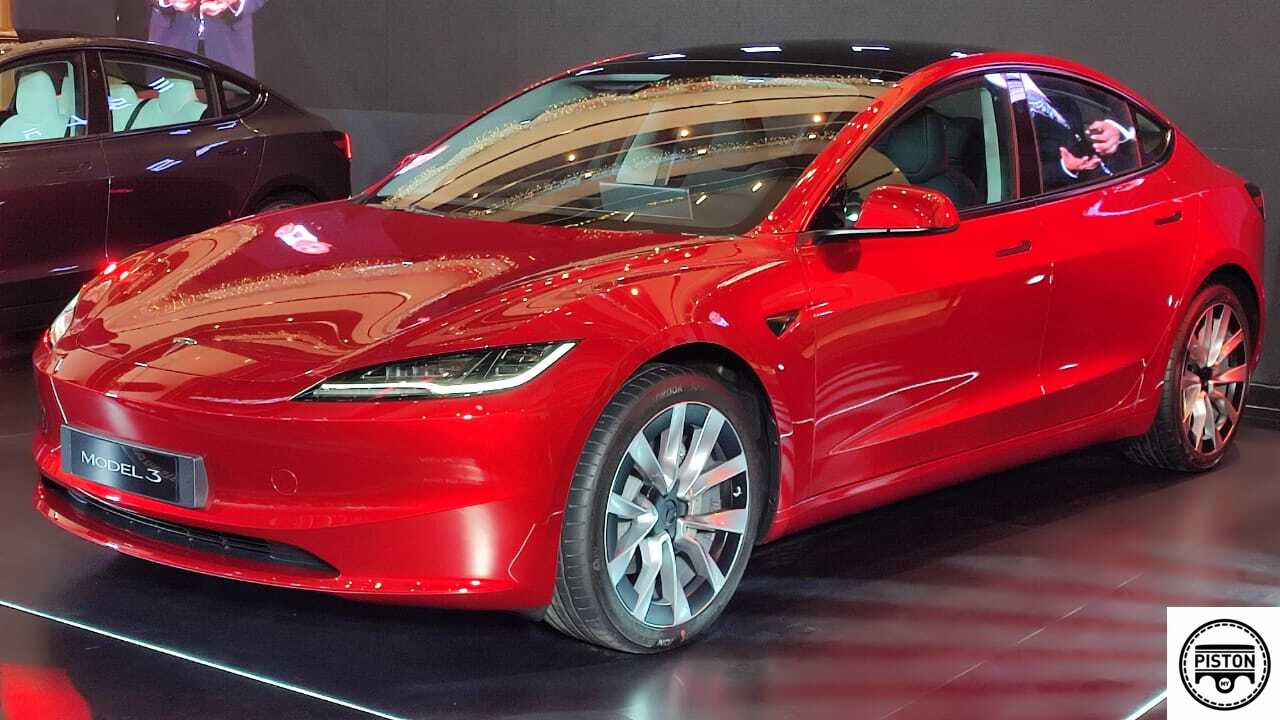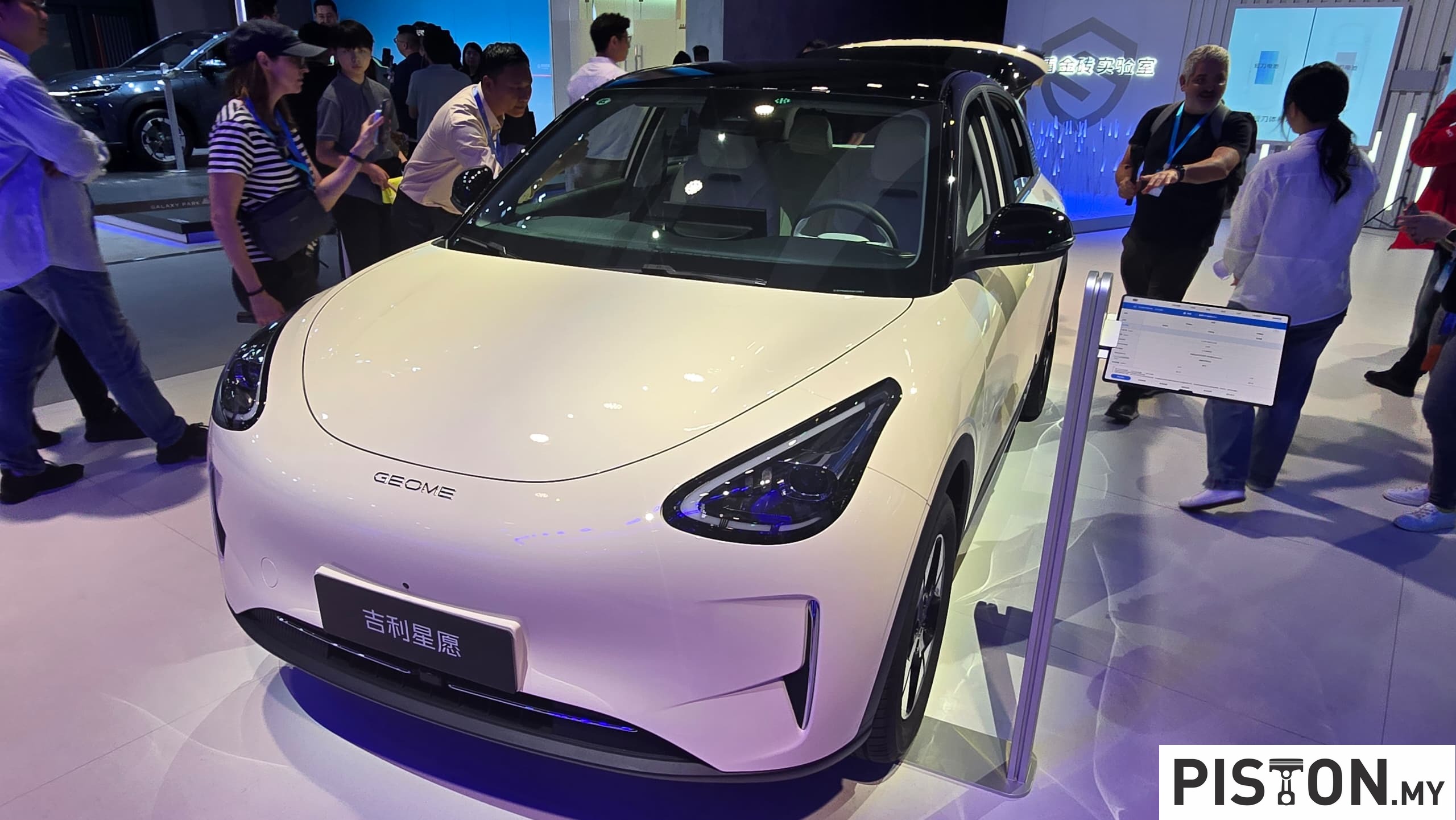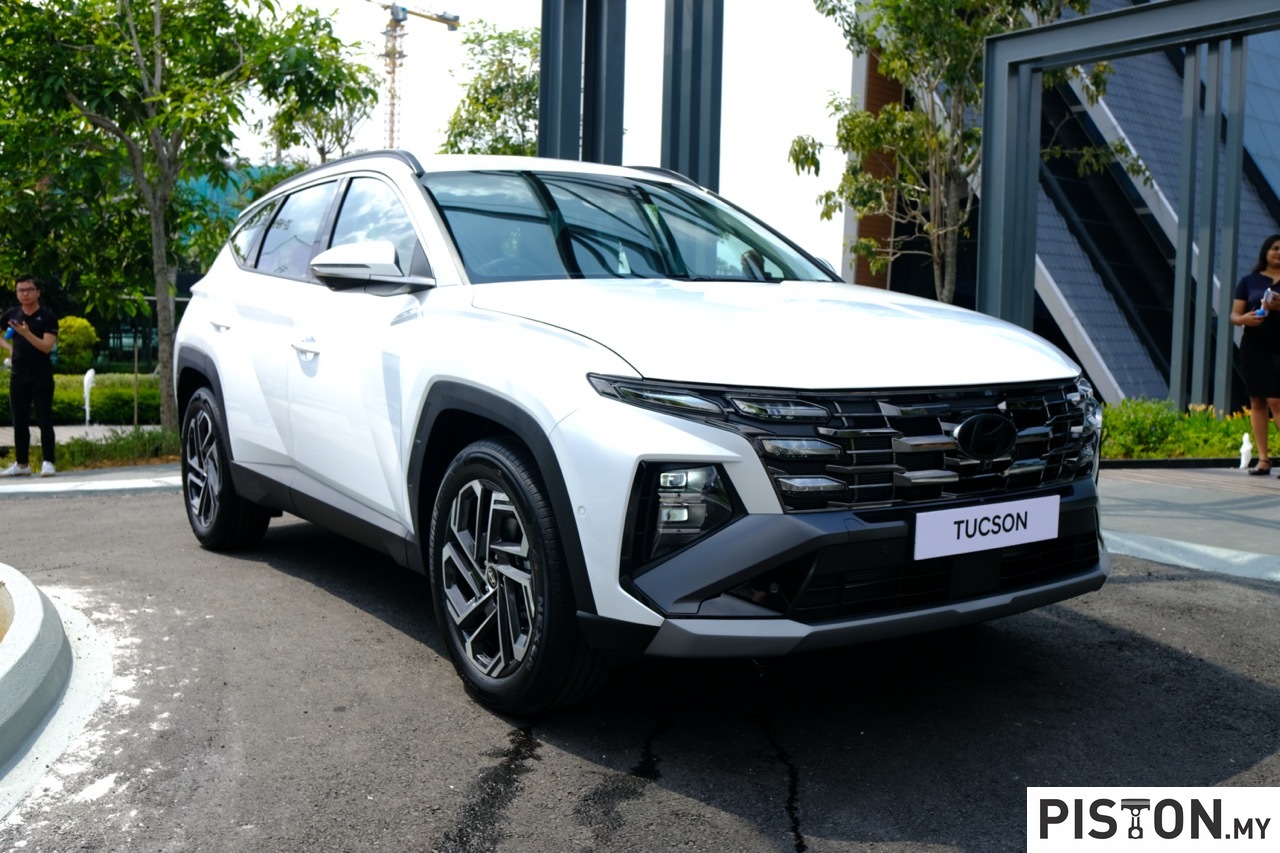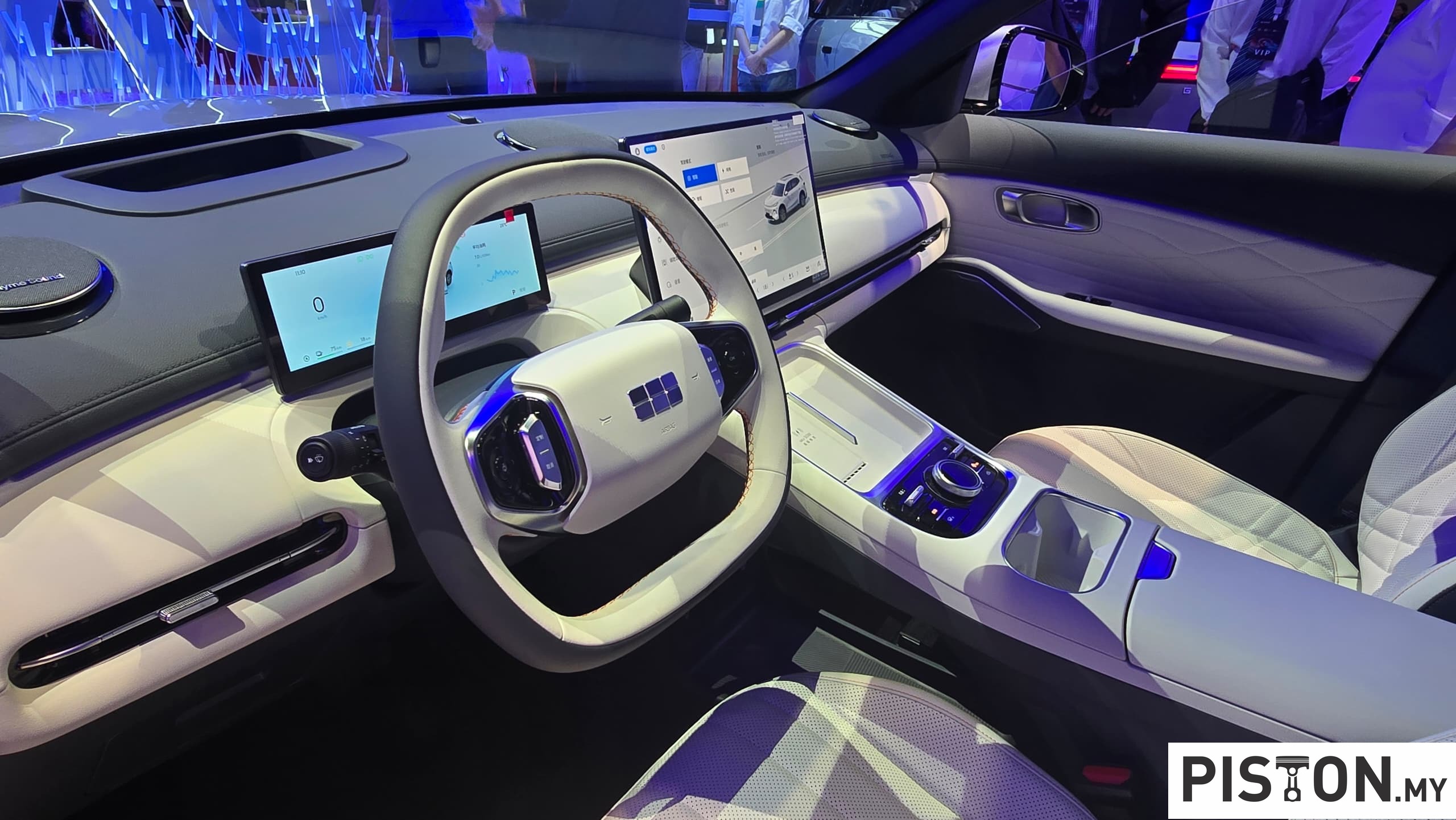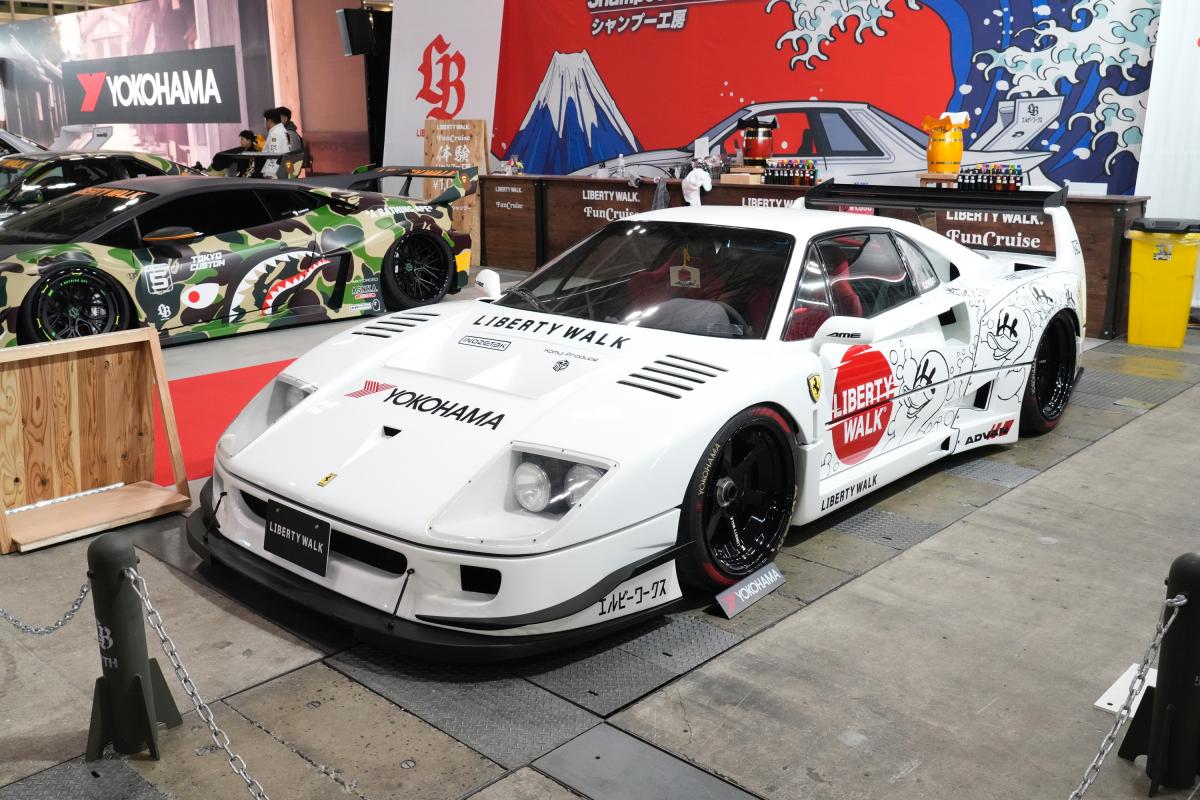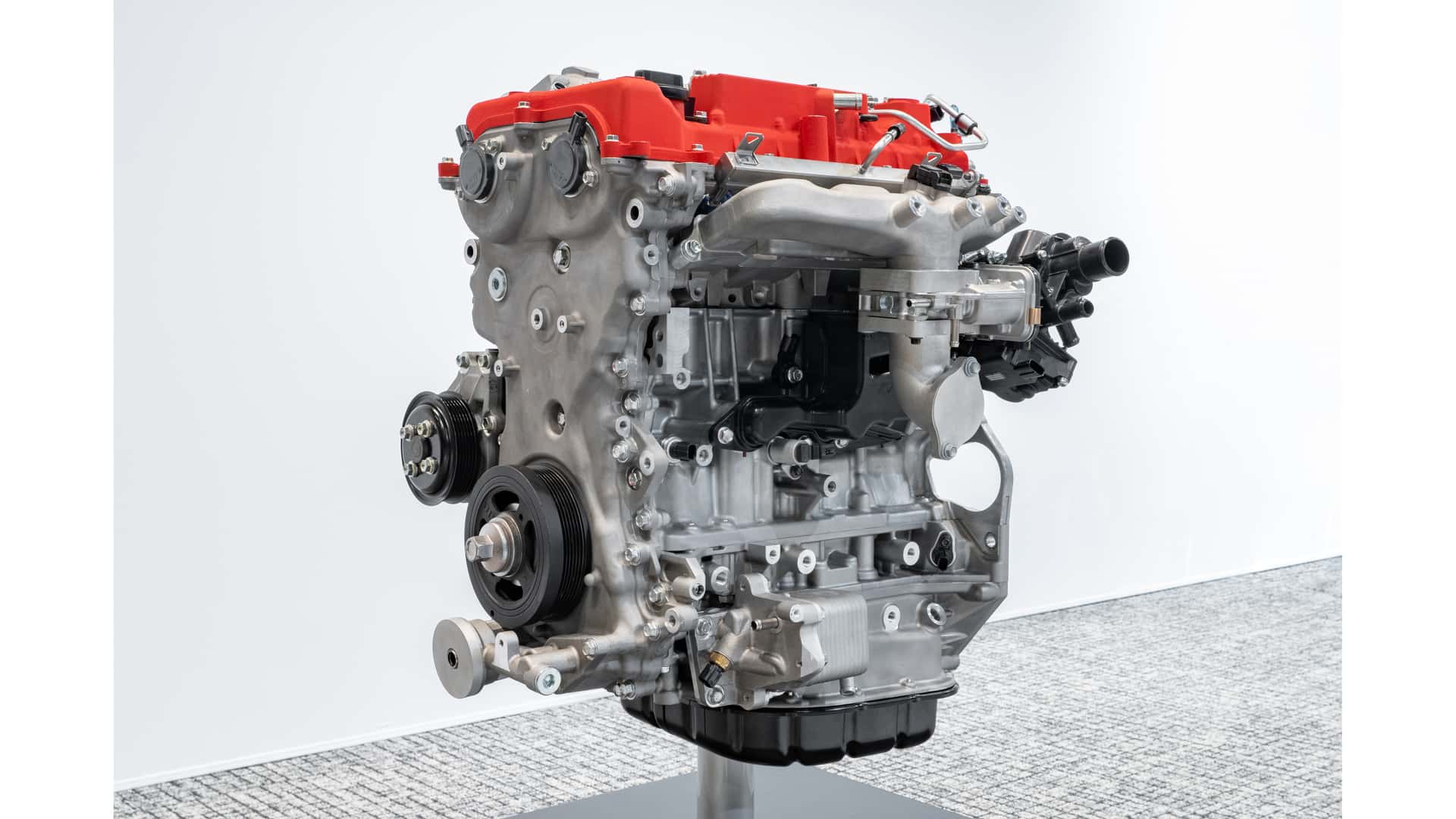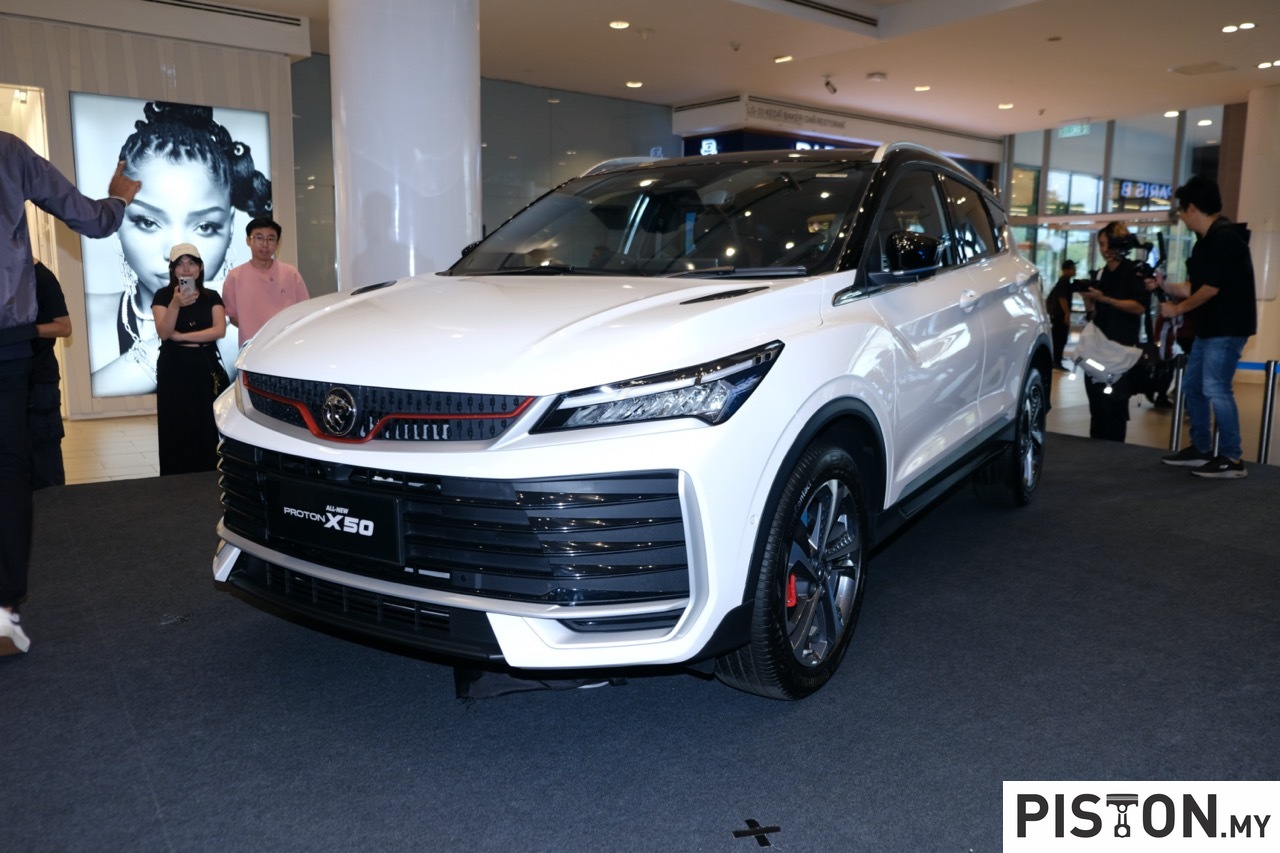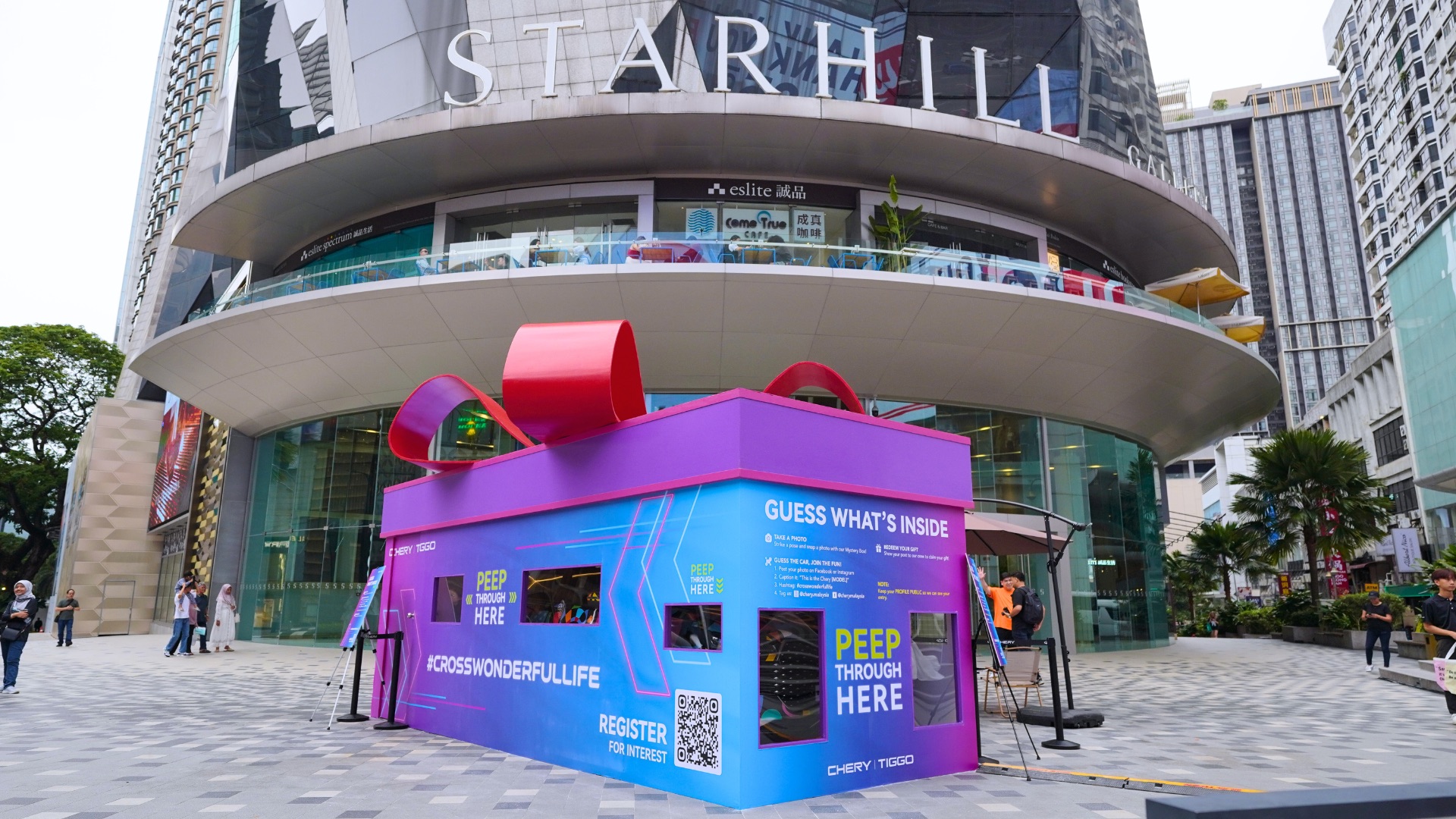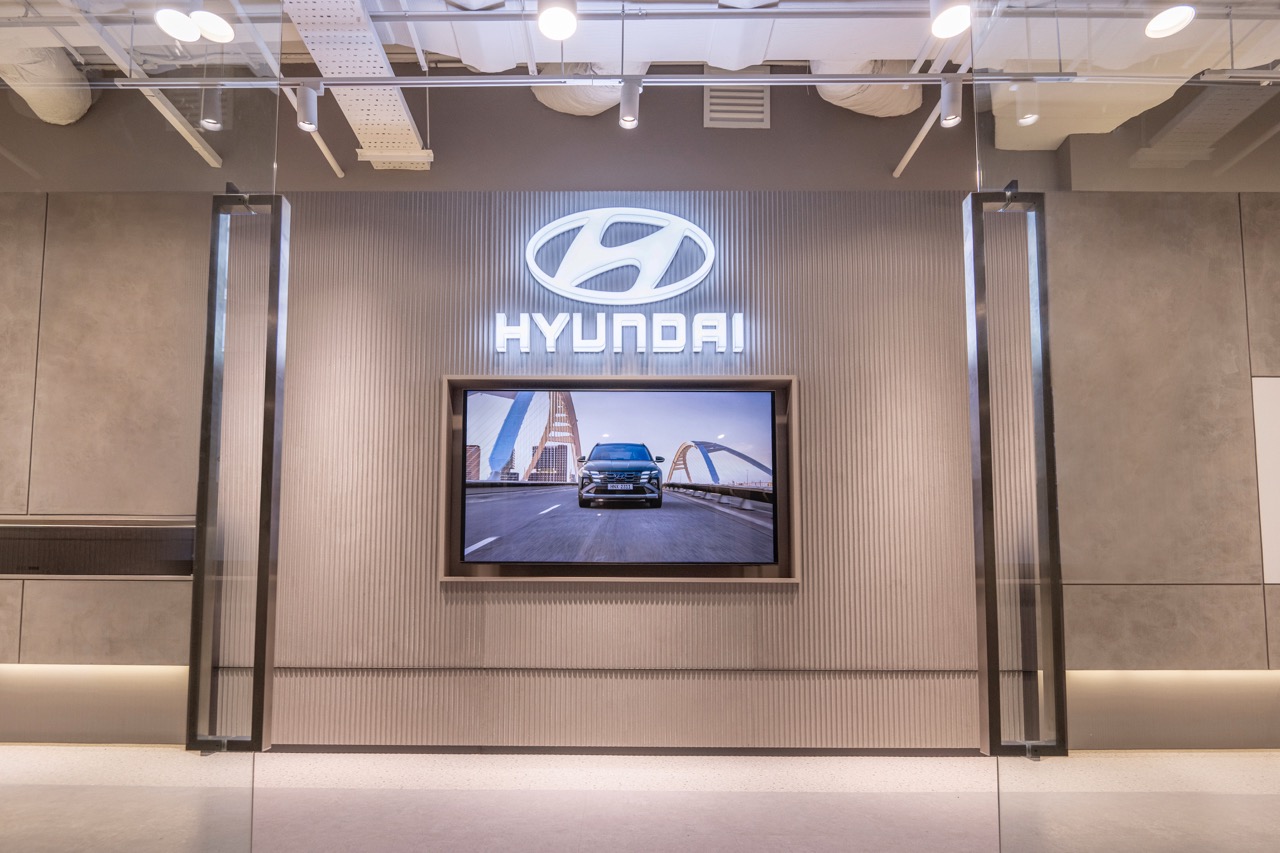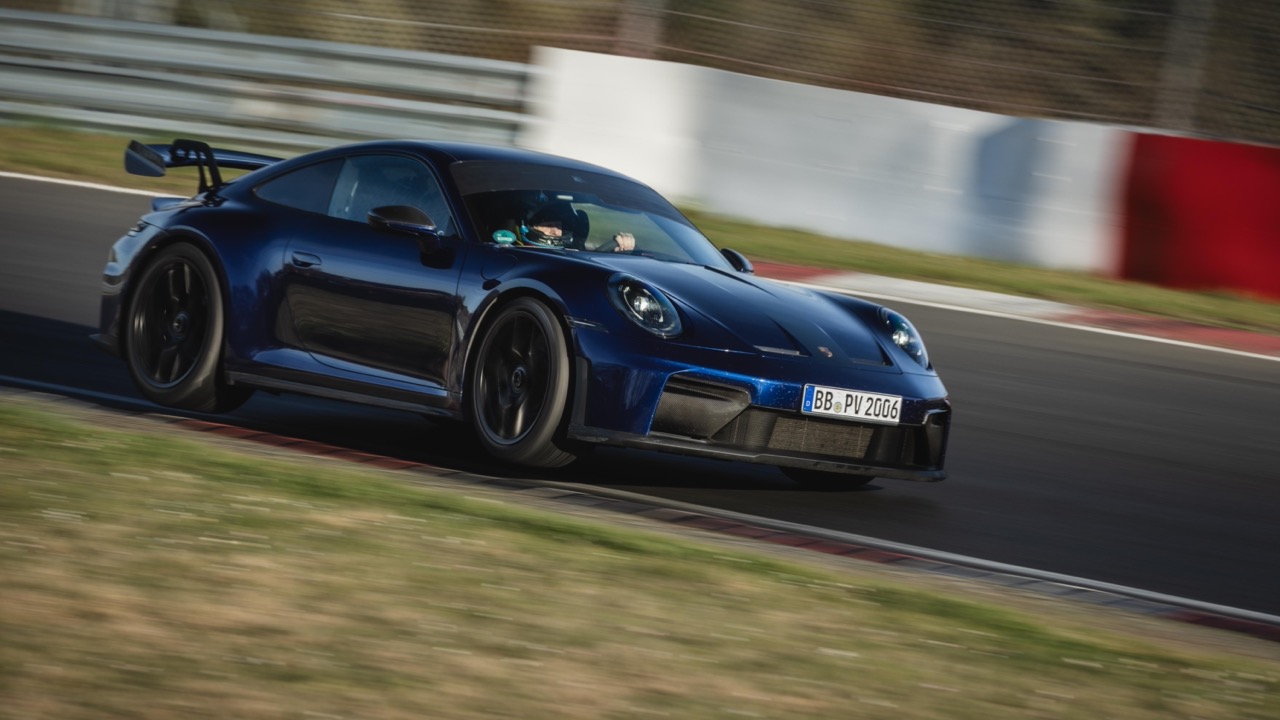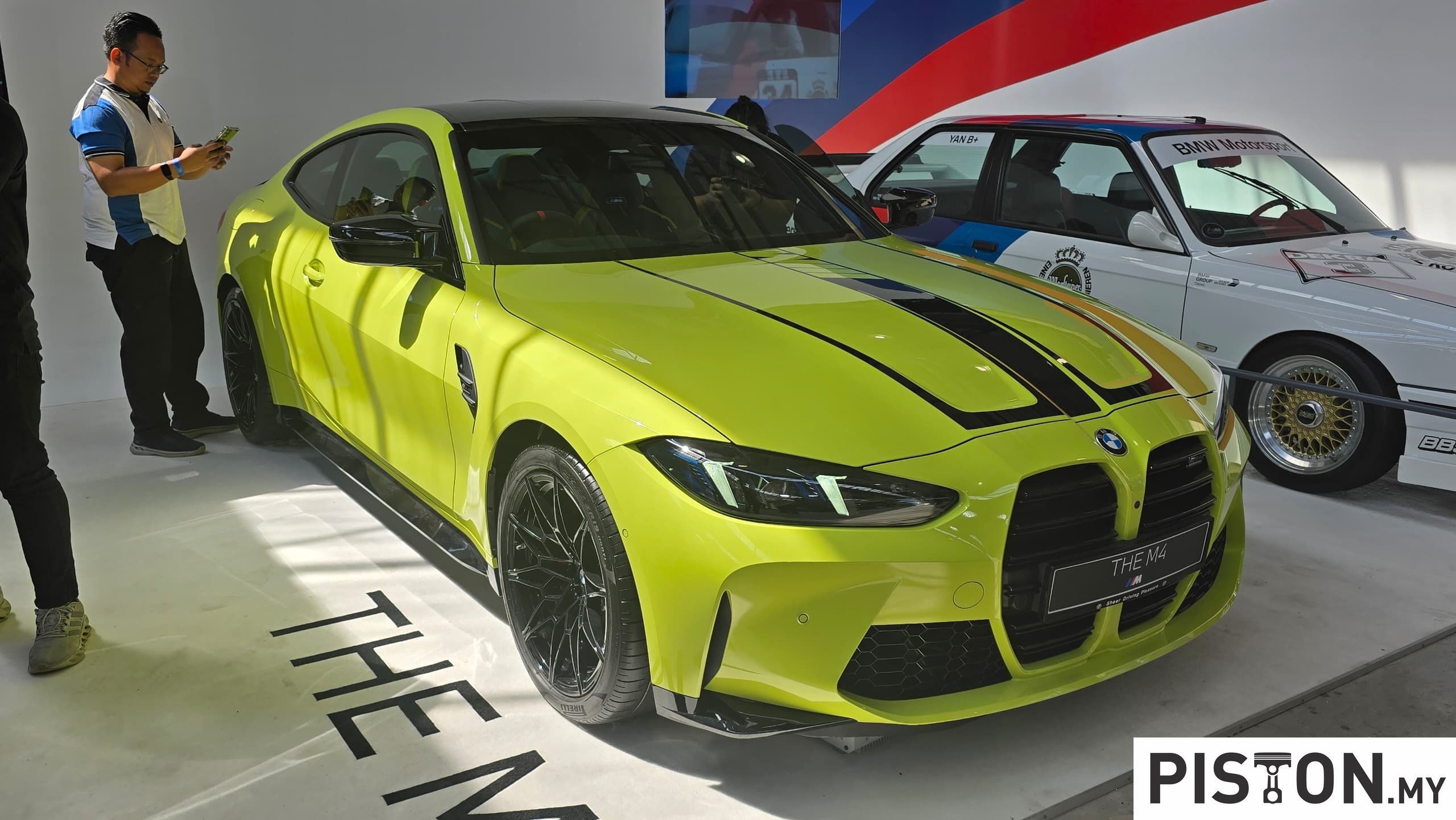Malaysia is cautiously navigating global trade tensions, particularly as it seeks to maintain competitiveness in its growing electric vehicle (EV) industry, according to Investment, Trade, and Industry Minister Tengku Zafrul Aziz. In an exclusive interview, Zafrul highlighted the potential global impact of rising US-China tensions, especially regarding the tech supply chain, while underscoring Malaysia’s commitment to an open, balanced engagement with both superpowers.
As businesses around the world seek to diversify supply chains due to geopolitical uncertainties, Malaysia has become an attractive destination for investments from tech companies and automakers. Yet, the country faces hurdles. Malaysia’s solar industry risks tariffs because of Washington’s anti-China policies, and the EV sector must strike a balance between fostering domestic growth and managing the influx of Chinese imports.
Chinese EV manufacturers are expected to expand their presence in Southeast Asia, particularly after facing restrictions in the US and Europe. While some countries have imposed tariffs to limit Chinese imports, Malaysia has so far avoided such measures. Zafrul emphasised the importance of fostering competition among local automakers like Perodua and Proton, while maintaining an open economic policy.
The Malaysian government, under Prime Minister Anwar Ibrahim, has set ambitious goals for its EV transition, aiming for 15 percent of vehicles on Malaysian roads to be EVs by 2030. While EV demand has surged, obstacles such as high prices and limited charging infrastructure hinder further growth. By November 2023, only 10,000 EVs were registered in the country, a modest figure compared to the nearly 800,000 new cars sold that year.
To boost affordability, Malaysia is offering incentives for foreign automakers to establish local production, with an emphasis on increasing the use of locally made components. As part of this strategy, Malaysia has restricted imports of battery EVs priced under RM100,000 to protect domestic manufacturers such as Perodua and Proton.
In a significant step forward, Proton, in collaboration with China’s Geely Holdings, recently introduced its first locally branded EV, the e.MAS7. Meanwhile, Perodua is developing a model expected to sell for under RM100,000 by 2025. Zafrul also expressed optimism about Tesla’s growing interest in Malaysia, though competition from Chinese EV makers could complicate the landscape.
The solar sector, on the other hand, has faced more significant repercussions from US-China trade disputes, with tariffs leading to factory closures and job losses. Despite these setbacks, Malaysia remains determined to engage with both the US and China to mitigate trade conflicts and protect key industries, including semiconductors.
Zafrul, a former corporate leader who transitioned to politics in 2020, also hinted at his aspirations to extend his political career beyond his current Senate term, with hopes of contesting in the next general election.





